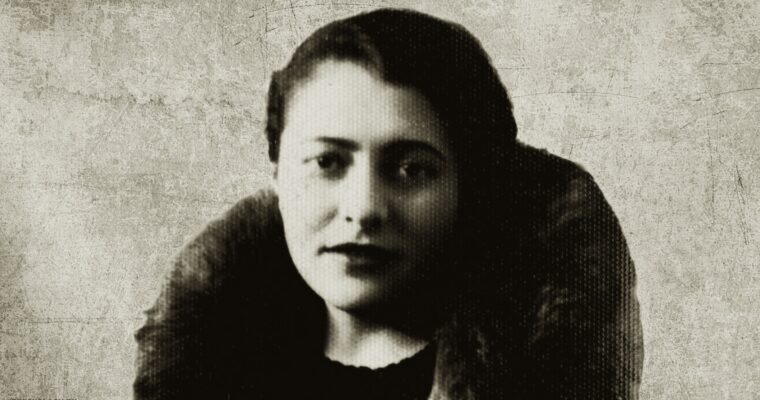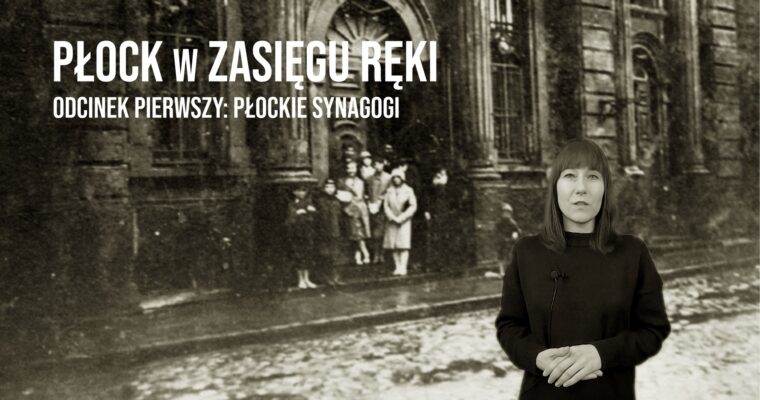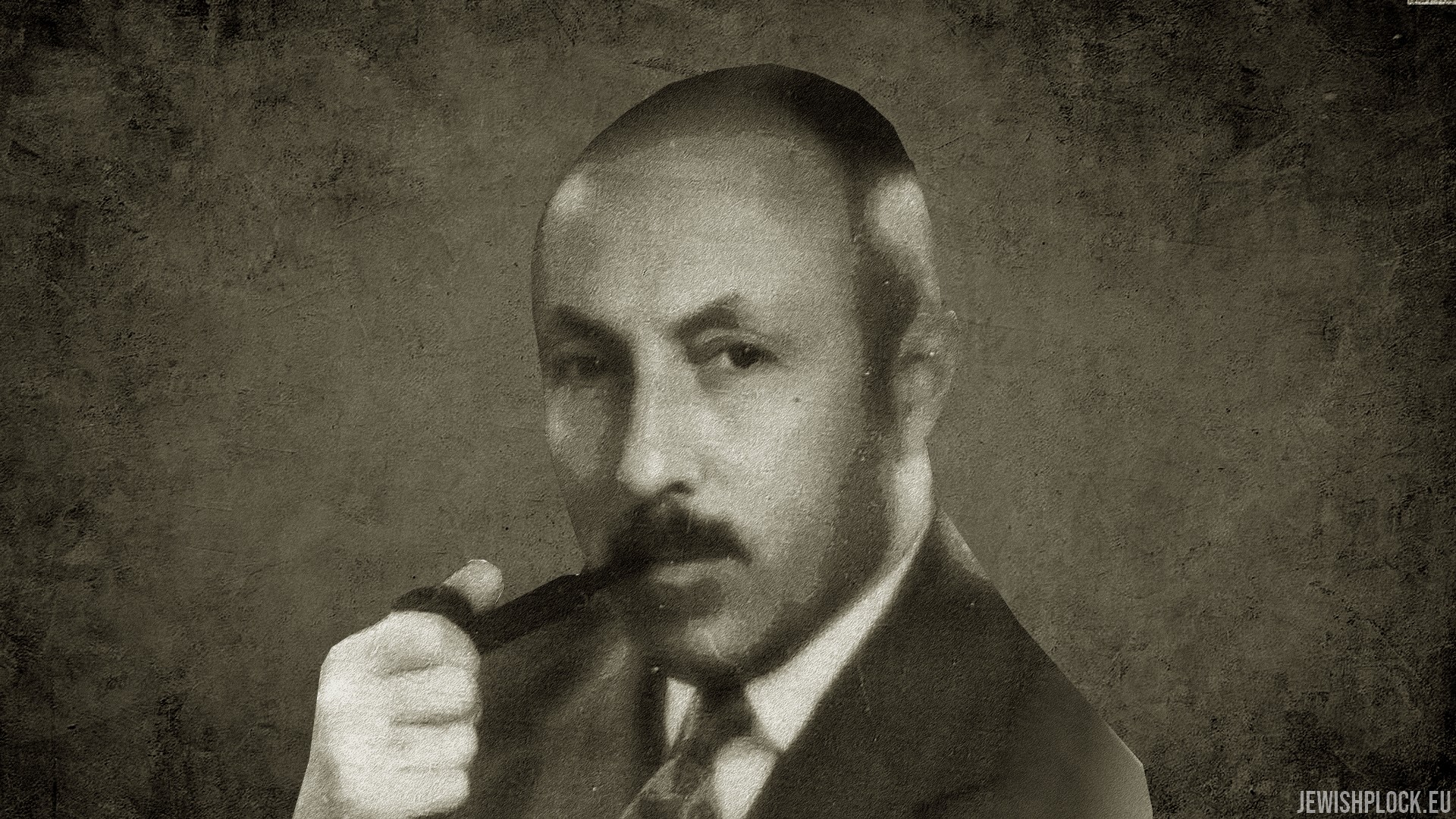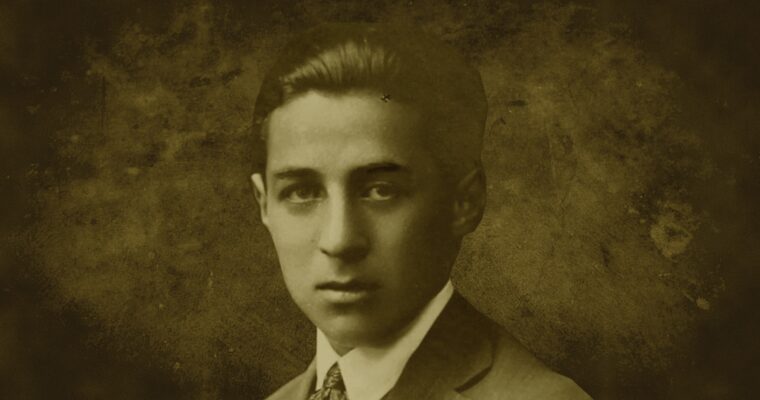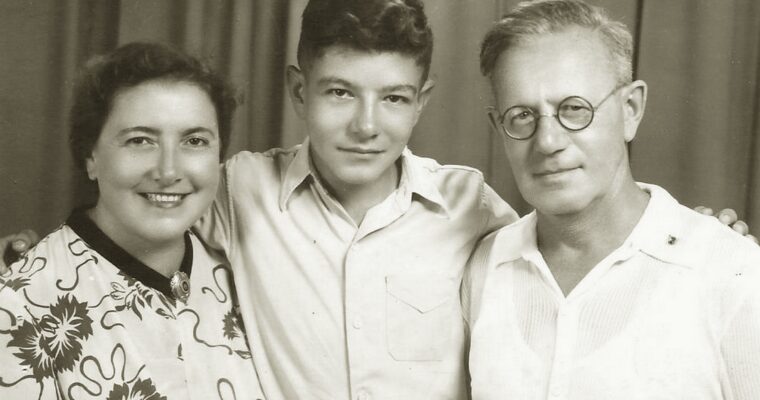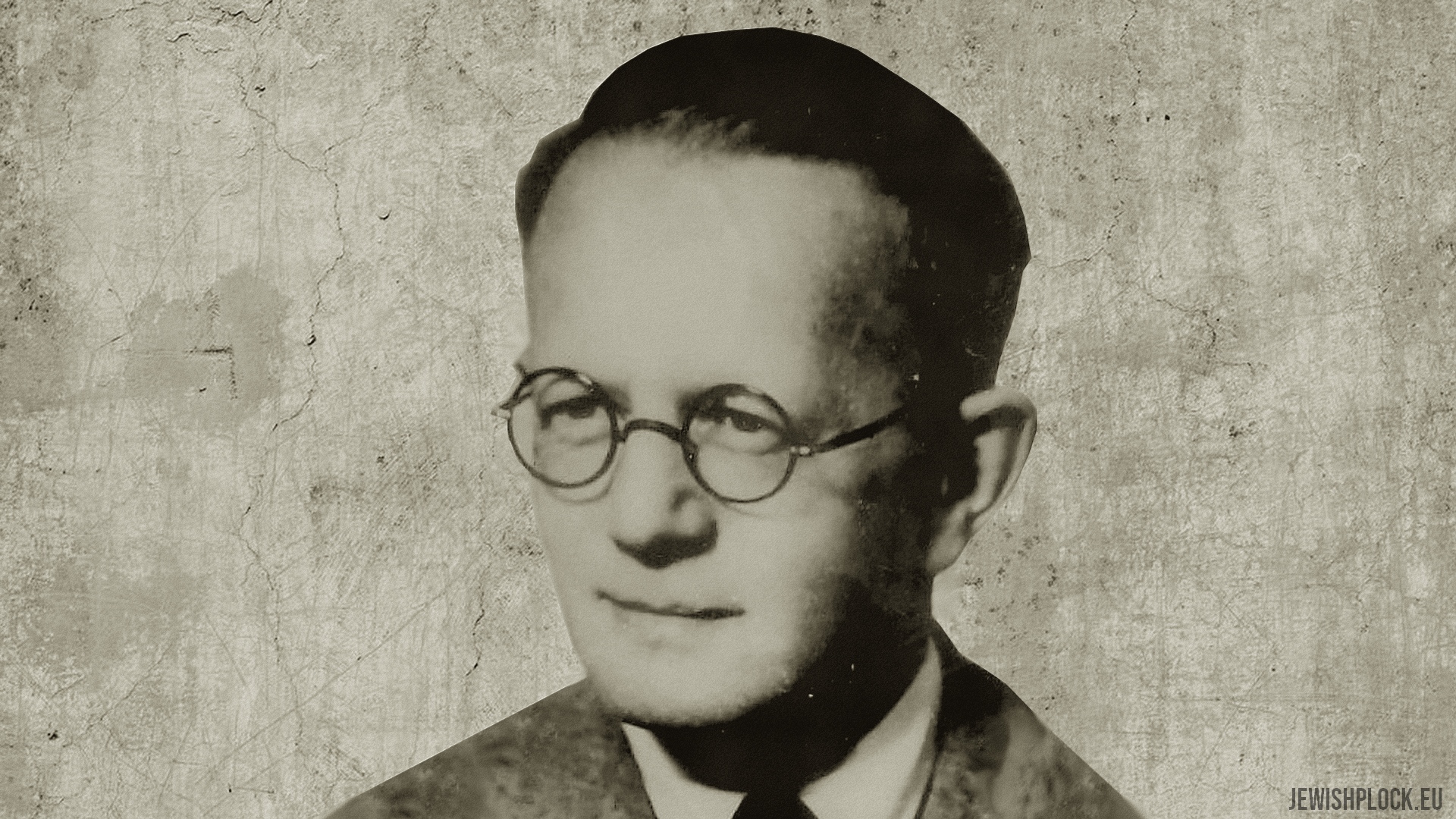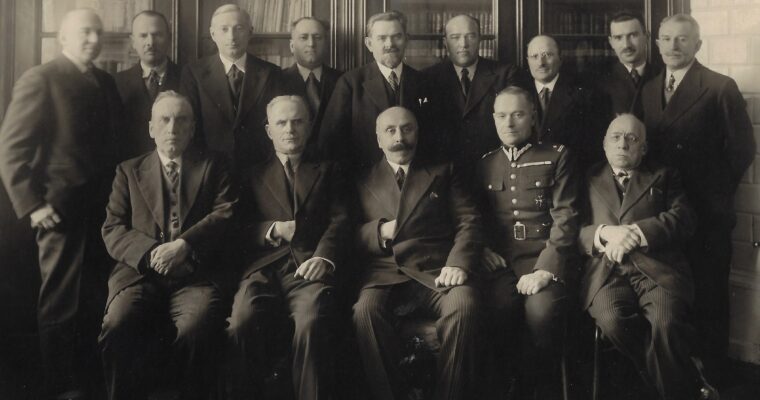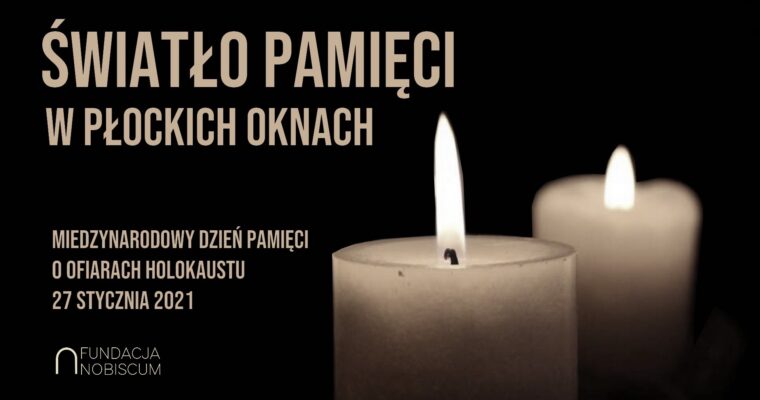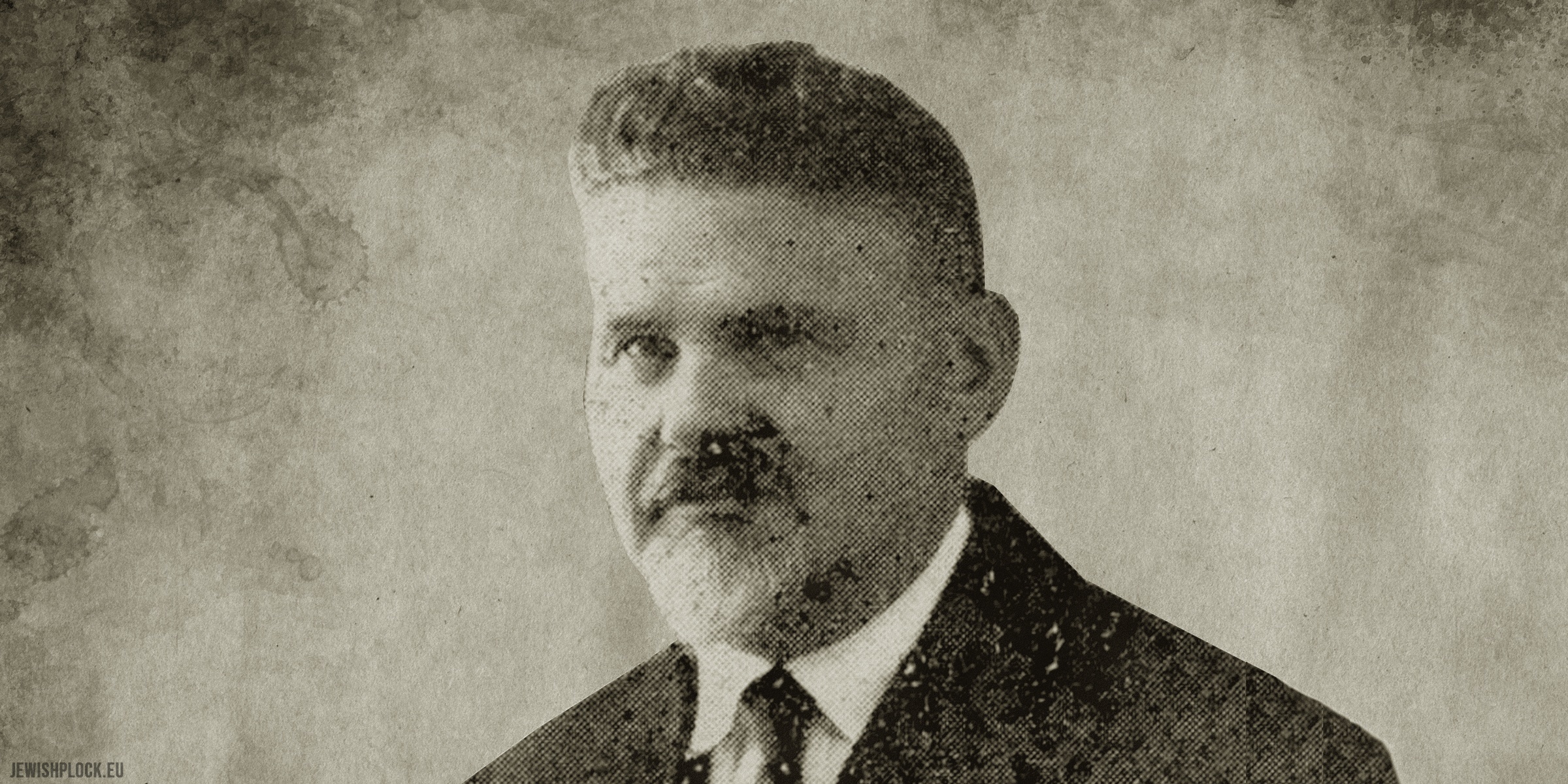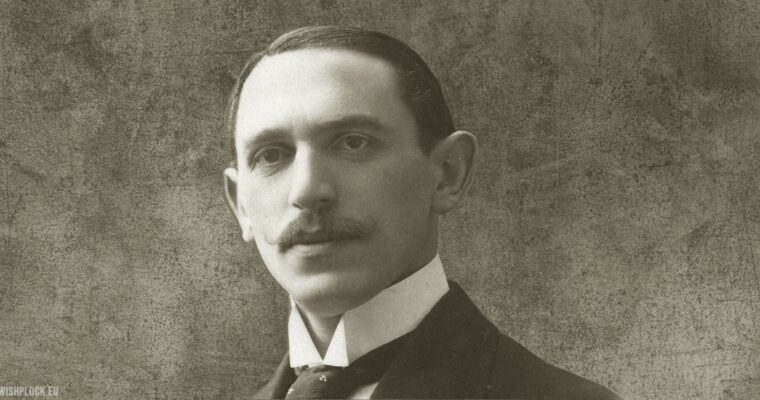Alter aka Artur Paltych Ber was born on March 25, 1908 in Płock, as the son of Chaskiel aka Henryk, a trader by profession, and Dwojra aka Dorota nee Wajnrajch, who came from the village of Tursk in the Mazovia region. In 1916, Alter entered the first class of the Middle School of Humanities, from which he graduated with a certificate in 1924. In 1926, he began studies at the Veterinary Department of the University of Warsaw, from which he graduated with the degree of a veterinary doctor in 1931. In the same year, in the Lviv quarterly magazine “Rozprawy biologiczne z zakresu medycyny weterynaryjnej, rolnictwa i hodowli” [“Biological studies in the field of veterinary medicine, agriculture and breeding”], his first article on brucellosis was published, entitled The latest works on the Bang bacteria. The Bang bacteria became the subject of his subsequent articles published in the quarterly “Medycyna Doświadczalna i Społeczna” [“Experimental and Social Medicine”], weekly “Warszawskie Czasopismo Lekarskie” [“The Warsaw Medical Magazine”], one of the co-founders of which was Edward Flatau, “Zeitschrift für Infektionskrankheiten, Parasitäre Krankheiten und Hygiene der Haustiere”, “Comptes Rendus des Séances de la Société de Biologie. Société de Biologie de Varsovie” and the above-mentioned “Rozprawy biologiczne z zakresu medycyny weterynaryjnej, rolnictwa i hodowli”. Ber also published in print numerous scientific papers in the field of bacteriology, hematology and experimental pharmacology, as well as a number of popular science articles in the field of veterinary medicine and bacteriology in “Kurier Poranny”. In 1931 he entered the Faculty of Medicine at the University of Warsaw, from which he graduated in 1935. From 1928 to 1933, he worked at the Department of Bacteriology at the Veterinary Faculty of the University of Warsaw, and in the years 1931–1933 his work was commissioned and subsidized by the Hygiene Department of the League of Nations. From 1932 to 1936, i.e. from the moment of its inception to liquidation, he worked as the head of the Biological Laboratory of the Industrial Plant in Boryszewo, where he and Stefan Kramsztyk led, among others, studies on the side effects of salicylic compounds and the therapeutic effects of anti-anemic agents, the results of which were published in the pages of “Warszawskie Czasopismo Medyczne” [“The Warsaw Journal of Medicine”] and “Nowiny Lekarskie” [“Medical News”].
In 1934, Alter Ber took part in the International Congress of Anatomists, where he gave a lecture devoted to the study of Kurloff cells Folia morphologica. His scientific position is evidenced by the honorable distinction he received for his work on the Bang bacteria, awarded by the National Commission of the Association of Veterinary Doctors in Poland at the National Congress in Krakow in 1935. In the following year, he obtained the title and degree of doctor of veterinary medicine at the Veterinary Department of the University of Warsaw (doctoral dissertation: Blood and temperature tests in guinea pigs and rabbits infected with the Bang bacteria). He did his slaughter apprenticeship in a slaughterhouse in Płock under the supervision of dr. Bolesław Biesiekierski and in the Bacteriological Laboratory at the Warsaw Slaughterhouse under the supervision of Dr. Malicki. In 1936 he took part in the National Congress of Microbiologists and Epidemiologists in Łódź, where he gave a lecture entitled Blood test and the pathogenesis of Bang’s disease, later published in “Medycyna Doświadczalna i Społeczna”. In the same year, the following publications appeared: The influence of spleen removal on the blood test results and Microbial cultures in blood and organs of guinea pigs in the pages of “Wiadomości Weterynaryjne” [“Veterinary News”], Blood chemistry in infected guinea pigs and Internal tempereature in infected animals in “Medycyna Doświadczalna i Społeczna” and L’infection des rats avec le bacille de Bang in “Comptes Rendus des Séances de la Société de Biologie. Société de Biologie de Varsovie”. After his application was rejected at the municipal office in Płock, Alter Ber worked as a researcher at the Department of Histology and the Department of Bacteriology at the Veterinary Faculty of the University of Warsaw. At the end of the 1930s, in cooperation with Józef Flaks, also a native of Płock, he conducted research on the hormonal treatment of cancer. In 1939, his book titled An outline of endocrinology in the light of contemporary research was published – it was an innovative monograph in Polish literature, which was an attempt to present the entirety of endocrinological issues. It also became the starting point for a work which appeared two years after the end of World War II in the form of a textbook entitled Endocrinology.
Mobilized because of his profession for the “S” service in the event of a bacteriological war, Ber took an active part in the September campaign with the rank of private. After the defeat of Poland, he was taken prisoner by Russia, then by Germany, and taken to the Stalag VIII C POW camp in Żagań. After returning to Warsaw and until July 1941, he worked in the Jewish hospital in Czyste, at Dworska Street. In the ghetto where his closest family from Płock was relocated, he lived on Chłodna Street. In the summer of 1941, Ber agreed to the proposal of the president of the Judenrat in Płońsk, Jakub Ramek, to become a doctor in the local ghetto. Ber’s job was to run the hospital and all other health and public hygiene departments. On his own, he organized a bathhouse for the sick and a pharmacy in the Płońsk ghetto. He also supervised the ghettos in Nowy Dwór and Nowe Miasto. In December 1942, Ber and his wife set off in a transport to Auschwitz after the liquidation of the ghetto in Płońsk. They managed to escape and hide in Warsaw under the name “Borowski”.
Despite the period of war turmoil, Ber’s contact with the world of science was not interrupted, together with prof. Zygmunt Szymanowski he prepared a textbook of detailed bacteriology of infectious diseases and translated a textbook for veterinary students of Alfred Trautmann and Josef Fiebiger entitled Histology and comparative microscopic anatomy of domestic animals.
In the period from February to November 1945, Ber lectured at the Faculty of Veterinary and Medicine at the Maria Curie-Skłodowska University in Lublin. He also obtained his postdoctoral degree here – the basis was his work, which he wrote during the war entitled A case of ovarian tumor – Dysgerminoma ovarii – hormonally tested. In the fall of 1945, he was entrusted with management of the Department of Endocrinology at the Faculty of Medicine at the University of Łódź. He was the author of three monographs: Hormones of green plants, fungi and bacteria, Reflections on Cushing’s syndrome and Endocrinology and modern biology, six textbooks and a biological dictionary.
In 1949, Artur Ber initiated the establishment of the Polish Society of Endocrinology. At the First Congress of the Society, which took place in 1951, he was elected President of the Main Board and editor of the publishing house “Endokrynologia Polska”. He was also a member of the Polish Physiological Society, and was also a member of the editorial committee of the journal “Acta Biologiae Experimentalis”.
In 1956, Artur Ber left for Israel. After leaving Poland, he published ca. 70 more scientific papers, while serving as the head of the endocrinology department at the Beilinson Hospital. He died on March 9, 1977 of cardiovascular failure after suffering two heart attacks.
